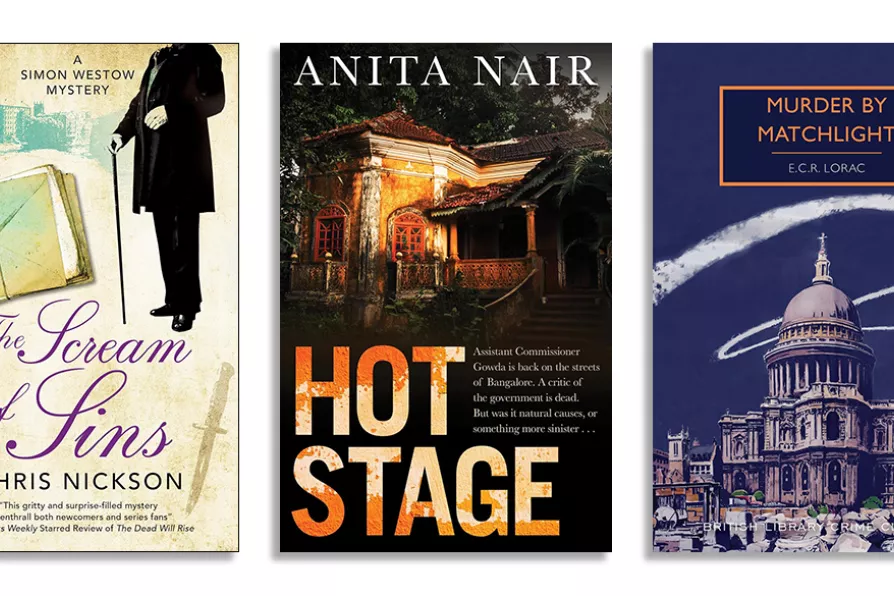JENNY MITCHELL, poetry co-editor for the Morning Star, introduces her priorities, and her first selection


HISTORICAL crime fiction can be uniquely satisfying, in the hands of a writer who knows what they’re doing. My favourite history-mystery this year, in a strong field, was The Scream Of Sins by Chris Nickson (Severn House, £21.99), in which a hard winter is on the way in Leeds, in 1824, as Simon Westow, professional finder of stolen objects, is hired to retrieve some missing documents.
They belonged to a notorious city magistrate, responsible for the deaths and transportations of many Luddites and other dissidents. The old man’s dead, but his son fears that publication of his papers could bring disgrace on the whole family.
Simon is distracted from this job by news from his assistant, former street-girl Jane, who has heard an unbearable story of cruelty from a homeless child. If half of what they’re being told is true, this is going to be the worst case they've ever been involved in.

Reasonable radicalism, death in Abu Dhabi, locked-room romance, and sleuthing in the Blitz













